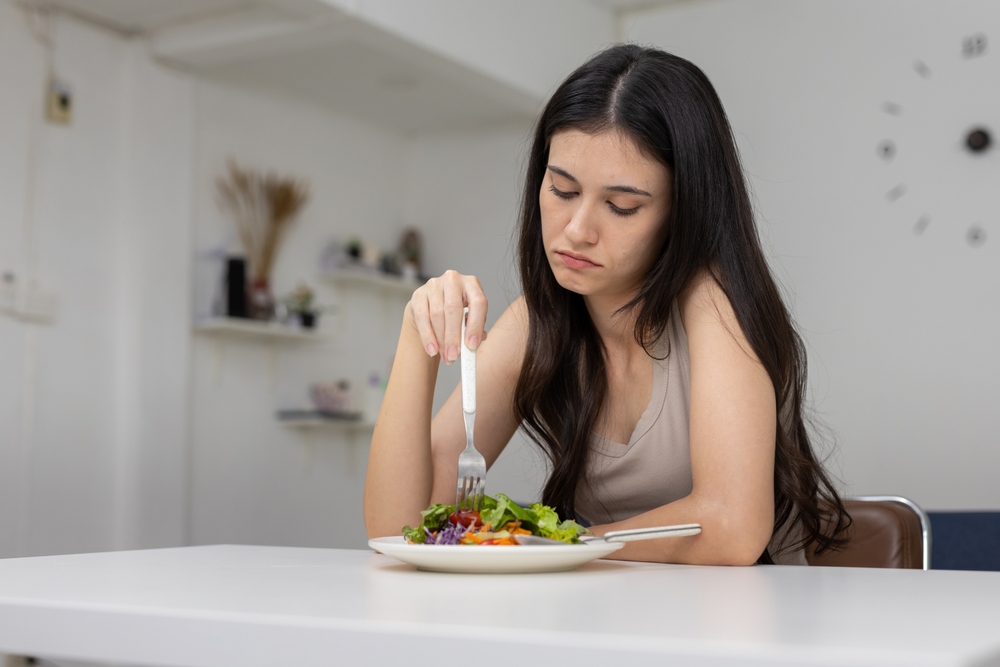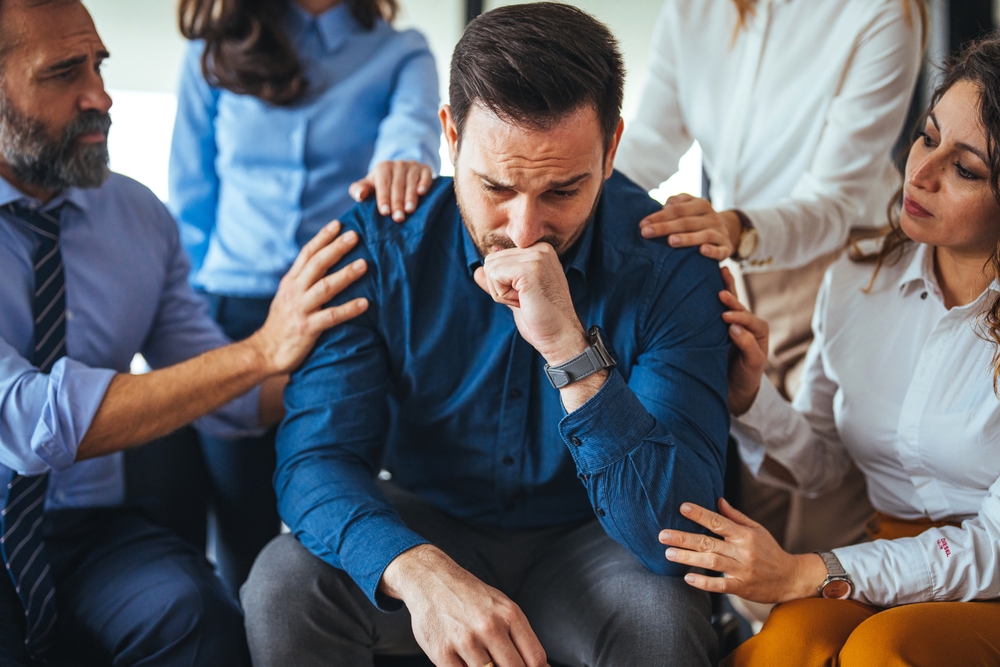From February 23 to March 1, we recognize National Eating Disorders Awareness Week. The COVID-19 pandemic has been a triple threat to those suffering from eating disorders. Fear regarding health and food combined with social isolation can have a large impact on recovery. Stay-at-home orders, economic uncertainty, and stress relating to the pandemic only add to the difficulties. Often individuals with eating disorders rely on rigidity over flexibility, making the uncertainties of the past year challenging.
An unpredictable grocery store shelf, or a full pantry from prior ‘pandemic prepping’ can increase urges to either restrict food or binge. Empty shelves can trigger anyone to begin hoarding food. Panic buying has become a part of the pandemic, with many stores limiting purchases of certain foods that are more difficult to keep in stock. Having a well-stocked pantry can bring on disordered eating thoughts since being surrounded by food can seem threatening to some.
Another problem some may encounter is that foods that are good for storing while isolating are often equated as a ‘fear food’. These foods such as pasta, rice, or peanut butter are shelf-stable and nutrient-dense. However, many with eating disorders consider these foods to be off-limits as a fear good. Being faced with a kitchen full of pasta or canned soups can increase feelings of anxiety or a desire to control eating behaviors.
Going from a busy school or work schedule to having loads of free time can also leave more room for eating disorder thoughts or actions. A lack of structure that school or work provides can be challenging, but a structured schedule even under quarantine can be accomplished.
Eat Regularly
Our bodies should be nourished regularly. You also do not have to earn the right to eat, even if you are less physically active than you typically are. During stressful times, such as the pandemic, our body’s natural cues for hunger and fullness may subside. Remember to eat at regular intervals (around every 3-4 hours) to ensure you are getting enough nutrition and regaining awareness of your body cues.
Get Enough Sleep
Getting enough sleep helps us have more energy and helps with regulating our emotions. Regulating emotions is important during recovery from an eating disorder. Try to go to bed and wake up around the same time each day. Properly prepare yourself for sleep by powering down devices and bright screens around an hour before you go to bed.
Find an Activity You Love
Reading, games, hobbies, or even finding time for binging your favorite TV show helps you relax. Do not feel pressured to completely reorganize your home, become a master bread baker, or learn a new language or skill. Do what makes you happy.
Create Social Media Boundaries
If being connected to the news and social media 24/7 is stressful, turn it off or set time limits. Hours of news and social media consumption is not good for our mental health. During the pandemic, be wary of any ads you might see that promise health benefits, such as boosting your immune system or losing any COVID-related weight gain.
Distancing Does Not Mean Isolated
While we are encouraged to social distance to keep one another healthy and safe, this does not need to mean losing our social connections. Communicate to friends and family members through video calls, text, or FaceTime. Consider having a weekly virtual game night or making plans to watch a show at the same time as another person.
Continue Your Healthcare-Related Needs
If you are actively seeing a mental health practitioner, medical practitioner, or nutritionist – keep your appointments. Many, including our practice, are offering telehealth services during this time. Virtual support groups are also being offered through many organizations. If you are struggling, please reach out.





